Filter by

Glass Making in The Greco-Roman World: Results of The Archglass Project
This book presents a reconstruction of the Hellenistic-Roman glass industry from the point of view of raw material procurement. Within the ERC funded ARCHGLASS project, the authors of this work developed new geochemical techniques to provenance primary glass making. They investigated both production and consumer sites of glass, and identified suitable mineral resources for glass making through …
- Edition
- -
- ISBN/ISSN
- 9789462700079
- Collation
- -
- Series Title
- -
- Call Number
- 930.1 DEG g
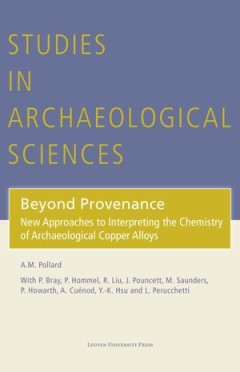
Beyond Provenance
Human intentionality in chemical patterns in Bronze Age metals For the last 180 years, scientists have been attempting to determine the ‘provenance’ (geological source) of the copper used in Bronze Age artefacts. However, despite advances in analytical technologies, the theoretical approach has remained virtually unchanged over this period, with the interpretative methodology only changing …
- Edition
- -
- ISBN/ISSN
- 9789461662668
- Collation
- -
- Series Title
- -
- Call Number
- 930.1 POL b
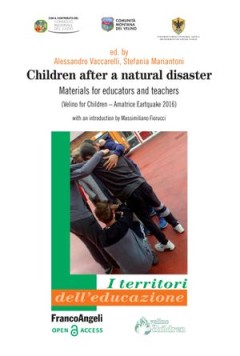
Children after a Natural disaster
"Catastrophes and natural disasters lead to numerous problems in the education of children and teenagers, who present as the most vulnerable subjects in the communities affected. Often, in these circumstances, adults (educators, teachers, parents) do not know how to respond to their needs, reactions and feelings. What do we need to know about childhood trauma? What answers should we give to chi…
- Edition
- -
- ISBN/ISSN
- 9788891767974
- Collation
- -
- Series Title
- -
- Call Number
- 904 VAC c
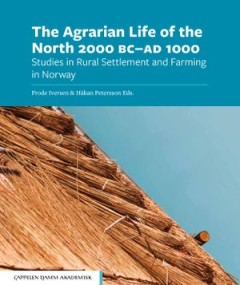
The Agrarian Life of the North 2000 BC AD 1000
The 14 articles presented in this publication represent some of the latest and most relevant research on rural settlement and farming from the Late Neolithic through the Early Medieval Period in Norway. It deals with the impact of climate change, plague and the AD 536â7 volcanic event and some of the earliest farms north of the Arctic Circle. It provides new perspectives and archaeological…
- Edition
- -
- ISBN/ISSN
- 9788283140996
- Collation
- -
- Series Title
- -
- Call Number
- 930.1 DAH a
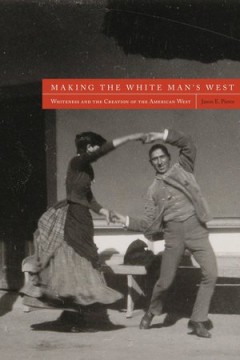
Making the White Man's West: Whiteness and the Creation of the American West
In the early nineteenth century, critics like Zebulon Pike and Washington Irving viewed the West as a "dumping ground" for free blacks and Native Americans, a place where they could be segregated from the white communities east of the Mississippi River. But as immigrant populations and industrialization took hold in the East, white Americans began to view the West as a "refuge for real whites."…
- Edition
- -
- ISBN/ISSN
- 9781607323952
- Collation
- -
- Series Title
- -
- Call Number
- 909 PIE m
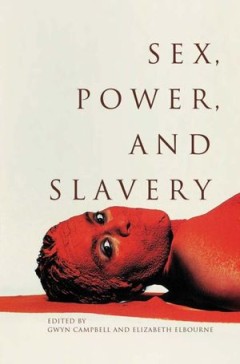
Sex, Power, and Slavery
Sexual exploitation was and is a critical feature of enslavement. Across many different societies, slaves were considered to own neither their bodies nor their children, even if many struggled to resist. At the same time, paradoxes abound: for example, in some societies to bear the children of a master was a potential route to manumission for some women. Sex, Power, and Slavery is the first his…
- Edition
- -
- ISBN/ISSN
- 9780821420966
- Collation
- -
- Series Title
- -
- Call Number
- 909 SEX s
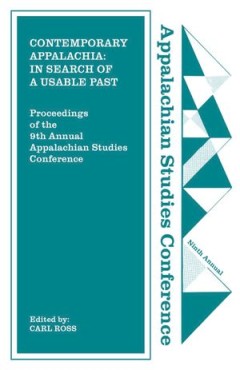
Contemporary Appalachia; In Search of a Usable Past
The Proceedings of the 9th Annual Appalachian Studies Conference, held in 1986 at Appalachian State University in Boone, North Carolina, offers a look at contemporary Appalachia and topics such as gender roles; native Appalachians; welfare dependency; the environment; and culture.
- Edition
- -
- ISBN/ISSN
- 9781469636801
- Collation
- -
- Series Title
- -
- Call Number
- 930.1 ROS c
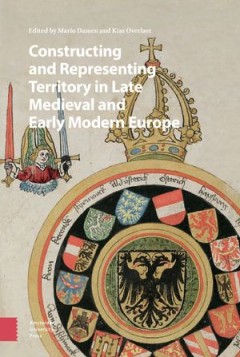
Constructing and Representing Territory in Late Medieval and Early Modern Europe
In recent political and constitutional history, scholars seldom specify how and why they use the concept of territory.
- Edition
- -
- ISBN/ISSN
- 9789048551804
- Collation
- -
- Series Title
- -
- Call Number
- 940.21 DAM c
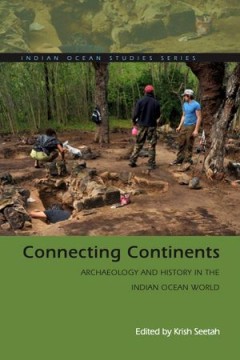
Connecting Continents; Archaeology and History in the Indian Ocean World
In recent decades, the vast and culturally diverse Indian Ocean region has increasingly attracted the attention of anthropologists, historians, political scientists, sociologists, and other researchers
- Edition
- -
- ISBN/ISSN
- 9780821446409, 9780821423264
- Collation
- -
- Series Title
- -
- Call Number
- 930.1 SEE c
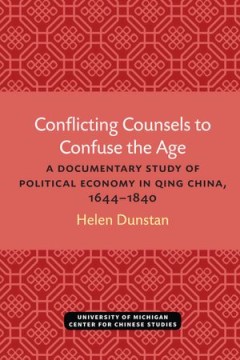
Conflicting Counsels to Confuse the Age; A Documentary Study of Political Eco…
Conflicting Counsels to Confuse the Age translates and analyzes thirty-eight memorials to the throne and other Qing documents dealing with important issues of Chinese political economy,
- Edition
- -
- ISBN/ISSN
- 9780472901463
- Collation
- -
- Series Title
- -
- Call Number
- 931 DUN c
 Computer Science, Information & General Works
Computer Science, Information & General Works  Philosophy & Psychology
Philosophy & Psychology  Religion
Religion  Social Sciences
Social Sciences  Language
Language  Pure Science
Pure Science  Applied Sciences
Applied Sciences  Art & Recreation
Art & Recreation  Literature
Literature  History & Geography
History & Geography